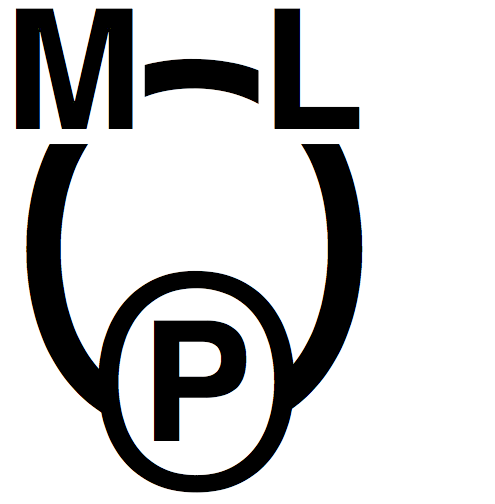Installation¶
M-LOOP is available on PyPI and can be installed with your favorite package manager; simply search for ‘M-LOOP’ and install. However, if you want the latest features and a local copy of the examples you should install M-LOOP using the source code from the Link GitHub. Detailed installation instruction are provided below.
The installation process involves three steps.
- Get a Python distribution with the standard scientific packages. We recommend installing Anaconda.
- Install the latest release of M-LOOP.
- (Optional) Test your M-LOOP install.
If you are having any trouble with the installation you may need to check your the package dependencies have been correctly installed. If you ares still having trouble, you can Link submit an issue to the GitHub.
Anaconda¶
We recommend installing Anaconda to get a python environment with all the required scientific packages. The Anaconda distribution is available here:
https://www.continuum.io/downloads
Follow the installation instructions they provide.
M-LOOP is targeted at python 3 but also supports 2. Please use python 3 if you do not have a reason to use 2, see Python 3 vs 2 for details.
M-LOOP¶
You have two options when installing M-LOOP, you can perform a basic installation of the last release with pip or you can install from source to get the latest features. We recommend installing from source so you can test your installation, see all the examples and get the most recent bug fixes.
Installing from source¶
M-LOOP can be installed from the latest source code with three commands:
git clone git://github.com/michaelhush/M-LOOP.git
cd ./M-LOOP
python setup.py develop
The first command downloads the latest source code for M-LOOP from GitHub into the current directory, the second moves into the M-LOOP source directory, and the third link builds the package and creates a link from you python package to the source. If you are using linux or MacOS you may need admin privileges to run the setup script.
At any time you can update M-LOOP to the latest version from GitHub by running the command:
git pull origin master
in the M-LOOP directory.
Installing with pip¶
M-LOOP can be installed with pip with a single command:
pip install M-LOOP
If you are using linux or MacOS you may need admin privileges to run the command. To update M-LOOP to the latest version use:
pip install M-LOOP --upgrade
Testing¶
If you have installed from source, to test you installation use the command:
python setup.py test
In the M-LOOP source code directory. The tests should take around five minutes to complete. If you find a error please consider Contributing to the project and report a bug on the GitHub.
If you installed M-LOOP using pip, you will not need to test your installation.
Dependencies¶
M-LOOP requires the following packages to run correctly.
| Package | Version |
|---|---|
| docutils | >=0.3 |
| matplotlib | >=1.5 |
| numpy | >=1.11 |
| pip | >=7.0 |
| pytest | >=2.9 |
| setuptools | >=26 |
| scikit-learn | >=0.18 |
| scipy | >=0.17 |
These packages should be automatically installed by pip or the script setup.py when you install M-LOOP.
However, if you are using Anaconda some packages that are managed by the conda command may not be correctly updated, even if your installation passes all the tests. In this case, you will have to update these packages manually. You can check what packages you have installed and their version with the command:
conda list
To install a package that is missing, say for example pytest, use the command:
conda install pytest
To update a package to the latest version, say for example scikit-learn, use the command:
conda update scikit-learn
Once you install and update all the required packages with conda M-LOOP should run correctly.
Documentation¶
The latest documentation will always be available here online. If you would also like a local copy of the documentation, and you have downloaded the source code, enter the docs folder and use the command:
make html
Which will generate the documentation in docs/_build/html.
Python 3 vs 2¶
M-LOOP is developed in python 3 and it gets the best performance in this environment. This is primarily because other packages that M-LOOP uses, like numpy, run fastest in python 3. The tests typically take about 20% longer to complete in python 2 than 3.
If you have a specific reason to stay in a python 2 environment (you may use other packages which are not python 3 compatible) then you can still use M-LOOP without upgrading to 3. However, if you do not have a specific reason to stay with python 2, it is highly recommended you use the latest python 3 package.

